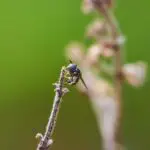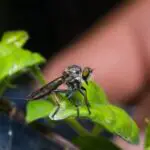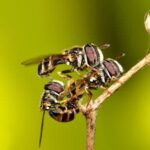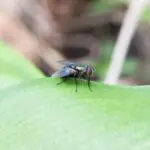Do Flies Have Any Benefits?
Flies are commonly associated with diseases and dirt, but it may surprise you to know that most of them actually play an important role in the ecosystem. In fact, there are more than 100 000 species of flies, and their presence in the ecosystem is important for the health of humans, plants, and animals. This year is the International Year of the Fly, and this is the perfect time to learn more about the flies we live around.
Flies don’t have mouthparts, so they feed on food by regurgitating digestive juices onto the solid food. Their digestive juices break down the food into small pieces, which they can easily drink. They also use their proboscis to drink their meal, and they have taste receptors in their feet and legs. When they are hungry, they wander around, tasting food from different locations.
Stable flies are notorious for spreading disease, because they can travel a long distance. They can be transported by weather fronts and infest areas that are normally uninfested. It is not uncommon for an area to become heavily infested overnight, and they are capable of transferring some animal disease pathogens.
In the biological world, flies are important for their role as scavengers. They feed on dead animals and rubbish. Flies also break down animal carcasses, turning them into stock feed and live bird and frog food. They also serve as cleaners. In addition to being pests, flies can also serve as food for humans. Some of them even have medical benefits. For example, maggots can help treat gangrenous wounds. They were first used for this purpose by soldiers in the American Civil War.








